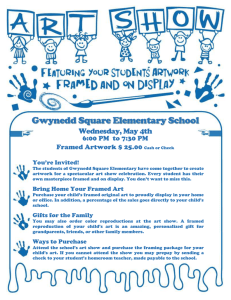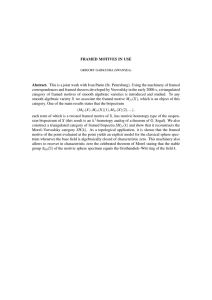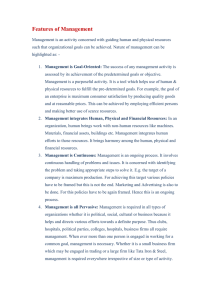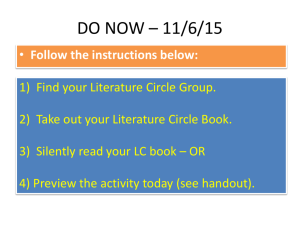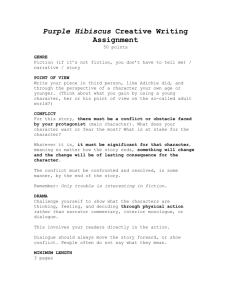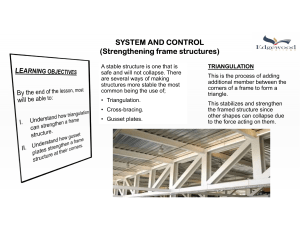To: The faculty From: General Education Task Force 2
advertisement
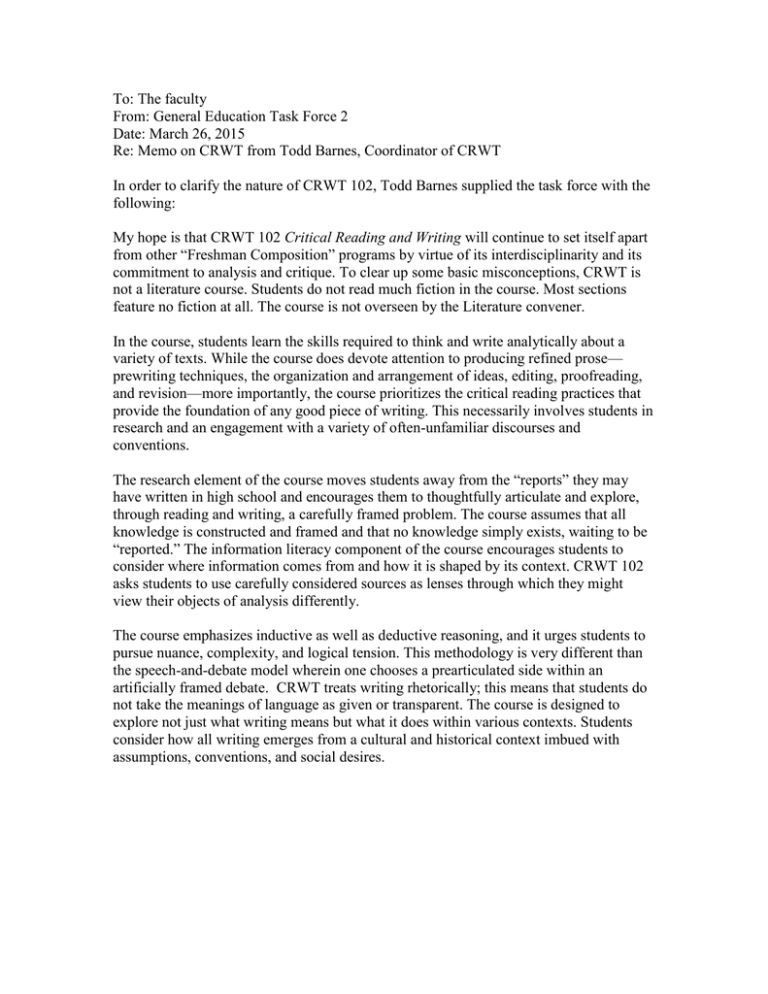
To: The faculty From: General Education Task Force 2 Date: March 26, 2015 Re: Memo on CRWT from Todd Barnes, Coordinator of CRWT In order to clarify the nature of CRWT 102, Todd Barnes supplied the task force with the following: My hope is that CRWT 102 Critical Reading and Writing will continue to set itself apart from other “Freshman Composition” programs by virtue of its interdisciplinarity and its commitment to analysis and critique. To clear up some basic misconceptions, CRWT is not a literature course. Students do not read much fiction in the course. Most sections feature no fiction at all. The course is not overseen by the Literature convener. In the course, students learn the skills required to think and write analytically about a variety of texts. While the course does devote attention to producing refined prose— prewriting techniques, the organization and arrangement of ideas, editing, proofreading, and revision—more importantly, the course prioritizes the critical reading practices that provide the foundation of any good piece of writing. This necessarily involves students in research and an engagement with a variety of often-unfamiliar discourses and conventions. The research element of the course moves students away from the “reports” they may have written in high school and encourages them to thoughtfully articulate and explore, through reading and writing, a carefully framed problem. The course assumes that all knowledge is constructed and framed and that no knowledge simply exists, waiting to be “reported.” The information literacy component of the course encourages students to consider where information comes from and how it is shaped by its context. CRWT 102 asks students to use carefully considered sources as lenses through which they might view their objects of analysis differently. The course emphasizes inductive as well as deductive reasoning, and it urges students to pursue nuance, complexity, and logical tension. This methodology is very different than the speech-and-debate model wherein one chooses a prearticulated side within an artificially framed debate. CRWT treats writing rhetorically; this means that students do not take the meanings of language as given or transparent. The course is designed to explore not just what writing means but what it does within various contexts. Students consider how all writing emerges from a cultural and historical context imbued with assumptions, conventions, and social desires.
